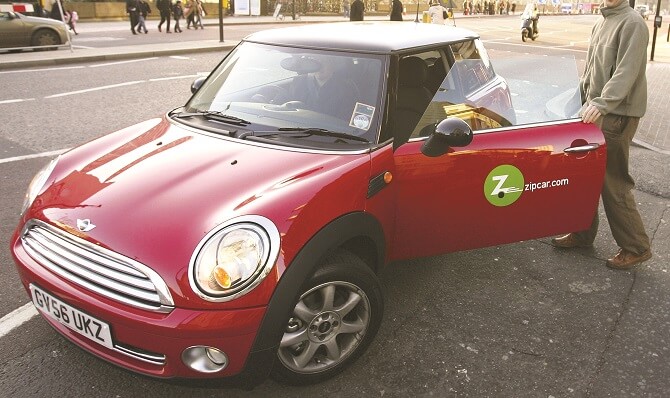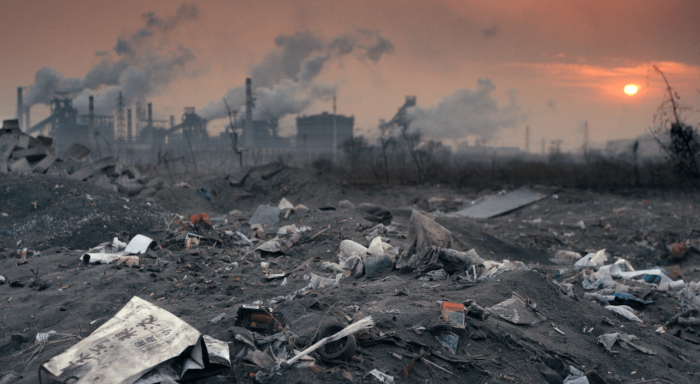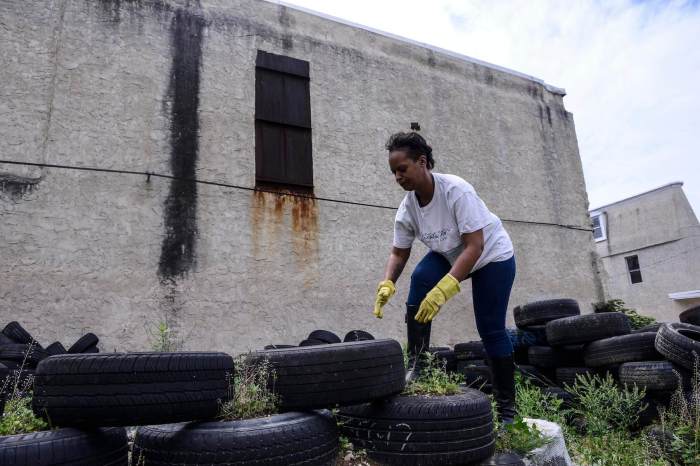As Earth Day draws closer, it begs the question: is the sharing economy good for the planet?
With the explosive and seemingly overnight success of companies and organizations like Zipcar, Lyft, Airbnb and Yerdle, the sharing economy is creating new packs of entrepreneurs all over the country.
Sharing economy trying to be easier on environment

Getty
Unlike traditional business models, the sharing economy is inherently more eco-friendly.At its core, the approach uses technology — specifically mobile apps — to offer up goods and services in a way that appears to be easier on the earth.
How so? According to a 2014 Entrepreneur report, the bulk of these organizations relyon smaller manufacturing and distribution costs, while curbing consumption at the same time. For example, instead of driving to the mall to buy a new winter coat, why not use your iPhone to arrange an online sale? (This is the driving idea behind Tradesy,by the way.)
The sharing economy is also bringing complete strangers together for shared experiencesthat require more than a little trust. A few years ago, the thought of letting a random person sleep in your spare bedroom for a weekend was pretty much unheard of. Today, it’s what’s fueling Airbnb’s success.
Whether the environmental benefits were intended or not remains a question to some experts.“Zipcar is actually focused mostly on convenience and accessibility, but then the environmental piece became a piece that they recognized was going to be a nice marketing push as well,” says Richard Hayes, PhD, a professor of management and entrepreneurshipat Hofstra University. “If you look at even the initial logo, they put the ‘Z’ in a green field because they recognized that there was going to be a very captive green audience.”
In other words, environmental sustainability might just be a happy side effect of thesharing model. And with the increased interest in conscious capitalism and other do-good, eco-friendly business practices, it’s no wonder the sharing economy is being embraced with such open arms.
Still, some experts take a more critical stance. “I honestly don’t think there is muchbenefit to the environment,” says Michael Pirson, an associate professor of management systems at the Gabelli School of Business at Fordham University. “The model works because it uses slack resources in private hands that are basically now being exploitedbecause of this platform.”
According to Pirson, having more Uber cars circling around the city isn’t going to helpthe environment unless these cars are running on reusable energy. He even questions if the sharing model actually prompts people to consume more. For example, are more people now taking road trips because hotel costs have been curbed by Airbnb?
The truth is that finding hard data related to the sharing economy movement isn’t easy,specifically when it comes to car-sharing programs. (Most companies aren’t keen on sharing information like average miles driven or emissions.) But that hasn’t stopped experts from speculating.
One particular sharing-economy trend that appears to have the most environmental potentialis ride-sharing. An extension of car-sharing, it’s basically a new twist on carpooling. Uber is currently in the process of rolling out UberPool. The idea is to match passengers heading in the same direction to share a ride.
“The real benefits come from matching rides,” says Juan Matute, Associate Director, UCLALewis Center and the Institute of Transportation Studies.“I’ve taken a few rides where I’ve requested to be matched with another passenger, and I have been matched. So in the case of that ride, the direct benefit is definitely taking one car off the road.”
According to Matute, the environmental benefit of ride-sharing all comes down to easingtraffic. For example, rush hour represents peak traffic time. But if ride-sharing programs match passengers during their commute, that will ultimately help alleviate congestion.Less traffic equals fewer cars on the road, which few can argue isn’t good for the environment.
While economic experts may be split when it comes to the sharing model’s environmental sustainability, that doesn’t mean it’s going away anytime soon.
“I think it’s a trend that’s here to stay, and it’s going to continue to grow,” saysHayes, who adds that the sharing economy’s popularity only validates the model. “The more the concept is validated, the more it’s going to be trusted.”


















